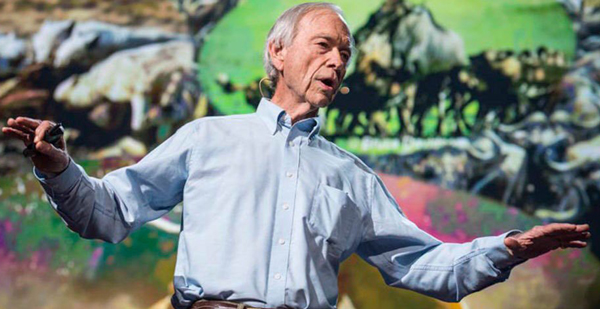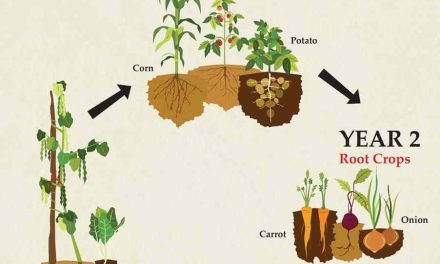
Cattle a possible solution to global warming

Delegates at the World Meat Congress held late last year in Uruguay, were given a different view on the now disputed fact of whether methane emissions from ruminant livestock contribute towards global warming.
The International Meat Secretariats’ (IMS) World Meat Congress (WMC) brought together scientists that over the year focused their research on ruminant livestock like cattle as significant contributors towards global warming due to their gaseous emissions.
Zimbabwean born Alan Savory, gave a presentation at the Congress on how grazing and cattle techniques can minimise the impact of global warming.“In a nutshell, livestock is not the problem but rather the solution,”Savory said.
According to Savory, based on studies and years of experience, it is guaranteed that if livestock is grazed on grasslands, they will recover. “We need to take the animals to the grasslands. The earth needs animals,” he said, adding that animal hooves break up the crust of algae that forms on barren soil in dry areas, which in turn encourages the growth of grass.
Savory said that countries like Uruguay in which extensive pastures is abound, could easily double their beef output by adopting more efficient grazing techniques.
Savory spent the best part of 50 years studying the causes of desertification around the world. Seven years ago, he established the Savory Institute of Colorado, which is one of the 11 finalists in the U$25 million Virgin Earth Challenge – an initiative for the successful commercialization of ways to capture greenhouse gases from the atmosphere and keep them without any compensatory impact.
With representatives from 36 countries, the congress – besides its academic content – also generated value in building networking links with delegates from all over the world and, in some cases, helped build lasting friendships.
The aim of WMC 2016 was to provoke debates on issues of interest to the international meat sector in an increasingly uncertain and changing world, and listening to different points of view and opinions to begin building consensus.
Meanwhile, as host country, Uruguay presented two activities prior to the WMC: a Regional Meat Congress in 2003 and the II Economics IMS Workshop in 2010, with 50 economic experts specialized in meat from Brazil, Argentina, USA, Canada, Australia, New Zealand, Paraguay, Chile, Colombia, Mexico, Japan, China, France, Belgium, Ireland, Denmark, Russia, and Uruguay.












































